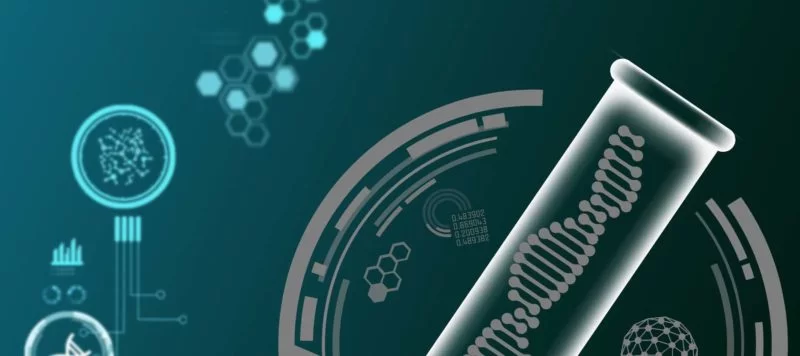No products in the basket.
PartnershipsProducts and SolutionsWhat Products Are the Result of Synthetic Biology?
6 April 2023by verulam

Synthetic biology products might seem futuristic, but many are already commercially available. Due to increased laboratory automation, advances in bioinformatics and data storage, and DNA sequencing ability, this field of bioengineering is rapidly growing. Have you seen synthetic biology products on the shelves? Read on to discover the synthetic biology products that are revolutionizing their industries.
Synthetic Biology Definition
Before diving into synthetic biology products, let’s recap what synthetic biology means. Synthetic biology is a new branch of bioengineering that uses genetic engineering to modify and create biological systems. It’s an interdisciplinary field that brings together computer science, biology, chemistry, physics, and engineering design.
Food Synthetic Biology Products
Synthetic biology is used in food production in three ways:
- Creating new food products
- Improving the production process for existing food products
- Improving the nutrition of existing food products
The plant-based meat substitute from Impossible Foods is an example of a new food created with synthetic biology. Impossible Foods created a plant-based meat substitute that includes a synthetic heme protein based on leghaemoglobin from soy roots. Genetically modified yeasts create the heme, which gives a meaty taste and texture and provide a source of iron in the meat substitute.
Amyris is a company that uses fermentation to create synthetic biology products. The Amyris RealSweet RebM artificial sweetener uses fermentation to create a bioidentical molecule to the sweetest molecule in the stevia plant. Since stevia can have a lingering aftertaste, the RebM sweetener allows for artificially sweetening without including the compounds that leave a bitter taste.
Whether synthetic biology is used to create enzymes or metabolites, the impact on the food industry will be substantial.
Industrial Synthetic Biology Products
For industrial applications, synthetic biology products lead us toward a more sustainable future. For example, synthetic biology allows engineers to replicate chemicals that were previously derived from petroleum or rare plants, which allows us to better allocate these scarce resources.
Rubber plants make an enzyme that converts a common phosphate into isoprene, but there aren’t enough rubber trees to meet the demand for isoprene. Dupont developed a method to mimic the isoprene enzyme with synthetic biology, creating Bio Isoprene, which will allow for greater rubber production.
Synthetic biology is useful in creating biofuels. Typically, this is done by hacking a microbe’s metabolism to transform plant waste into fuel. For example, a common yeast, Pichia pastoris, has been modified to break down renewable carbon sources into fuel.
Since many naturally derived chemicals are used in industrial processes, there is ample room for synthetic biology products to solve scarcity and sustainability problems.
Medical Synthetic Biology Products
Synthetic biology products in the medical industry range from gene therapies and pharmaceutical drugs to vaccine development.
The Novartis H1N1 vaccine used a synthetic biology technique called codon deoptimization. Codon deoptimization is a method of weakening (attenuating) a live virus. DNA-based and RNA-based vaccines are the other major synthetic biology vaccine products. We have seen RNA vaccines become widely known with Covid-19 mRNA vaccines.
Sitagliptin is a chemical used to treat type II diabetes. The chemical manufacturing process for sitagliptin is difficult and harmful to the environment, so Merck developed a synthetic enzyme that could allow an enzymatic approach instead. The diabetes drug Januvia uses this synthetic enzyme in its manufacturing process. Synthetic biology products will continue to expand medical treatment options.
Synthetic Biology Product Availability
Synthetic biology products are commercially available. You might find them at your grocery store, your pharmacy, or your auto shop. This exciting field of bioengineering is bringing us forward into a more sustainable and efficient world.
Contact Verulam Scientific Ltd – The UK distributor and service provider for Hudson Robotics. Speak to a member of our technical team at [email protected] or call 01234 381000.




